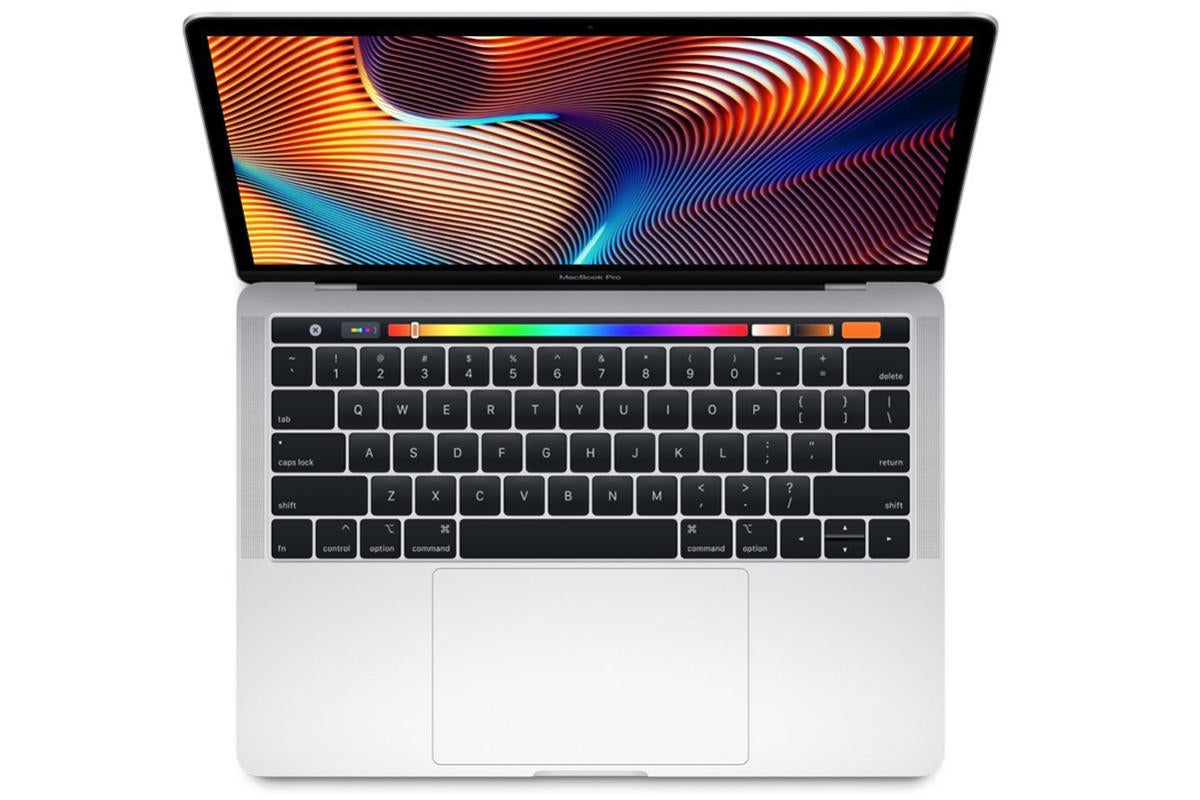WWDC: Has Apple closed the door on non-Mac App Store apps?

Credit to Author: Jonny Evans| Date: Mon, 17 Jun 2019 07:58:00 -0700
Ever since Apple introduced the Mac App Store developers have warned it plans to close off its platform, so news the company will insist on App Notarization in macOC Catalina set those critics off again. The thing is, it’s a little more complicated.
Yes, Apple is making it a little more difficult for Mac users to install apps that aren’t sold at the Mac App Store or made available from bona fide developers happy to submit their software for the company’s speedy App notarization service.
But it is not making it impossible for people to install Mac apps that come from elsewhere.
Developers choosing to sell software through the Mac App Store continue to submit apps for approval in the usual way.
That leaves two classes of developer:
App Notarization is a new process Apple introduced in 2018.
It seems to see this as a compromise between those developers who don’t want to sell apps at the Mac App Store, and the security it is trying to provide users.
Registered Apple developers who create an app they don’t want to offer through the App Store just need to send their app in for approval by Apple.
The approval process isn’t about the content of the app, but the safety of the code. Apple checks code is free of any known malicious code or malware.
The process is fast. 90 percent of apps submitted are approved within 15 minutes or less, which is sometimes faster than ordering a pizza.
It works like this:
Apple has been focused on the Mac App Store for some time.
During this time it has pushed developers to profit share with the company in exchange for access to its growing Mac market. This effort has largely been a success, you can even purchase Word or Quark at the Mac App Store today.
The company’s actions will probably help protect the vast majority of users against installing poorly-made software that – by accident or design – may ship with built-in software flaws or unwanted malware.
Mac App Store sold apps are approved and vetted by Apple’s store teams. Y
You can purchase an app from the store and be almost completely certain the app will be safe, and if it isn’t, you have someone to complain too.
Apple is making this the default experience on macOS Catalina.
This means that if you download an app from either the Mac App Store or any reputable developer via an online store, you can be reasonably certain the app contains no malware.
The short answer? I don’t know – the process hasn’t been finalized yet.
At present, when you want to install an application that isn’t signed than you need to right-click the app icon when you first open the app.
A similar process will still exist in Catalina when it ships, but at WWDC I learned that details of how it will work haven’t yet been finalized.
The bottom line should be that while Apple is making the Mac more secure for most users, it does seem intent on ensuring Mac users/developers who must instal/distribute apps elsewhere still can.
This means that if you are an enterprise distributing your own bespoke apps, you’ll still be able to do so.
If you are a registered developer prepared to tolerate a little oversight in terms of the App notarization process, you’ll actually be able to offer clients a better experience.
But, for the majority of Mac users who don’t really look for apps outside of the App Store, then Apple’s curated experience will remain the best.
The platform remains open. Just not quite as open.
Please follow me on Twitter, or join me in the AppleHolic’s bar & grill and Apple Discussions groups on MeWe.